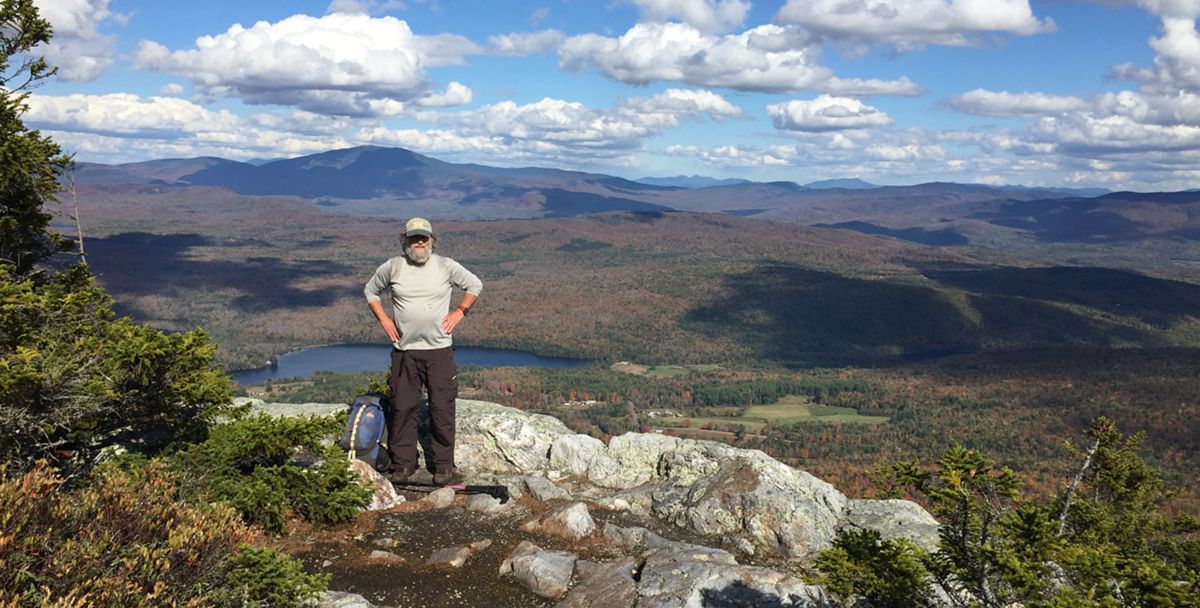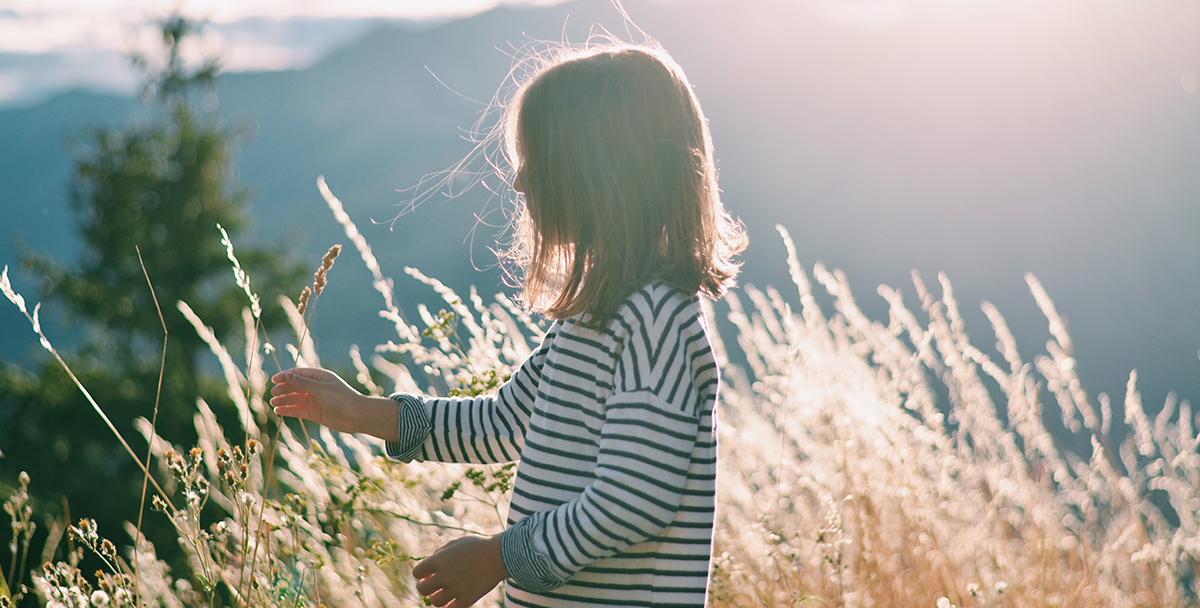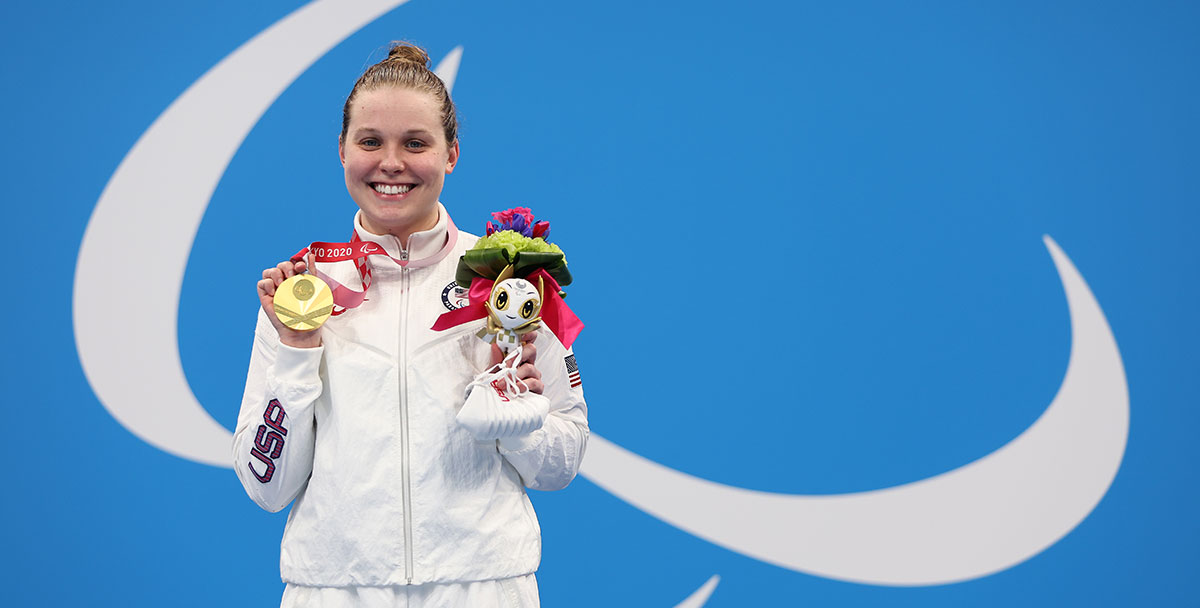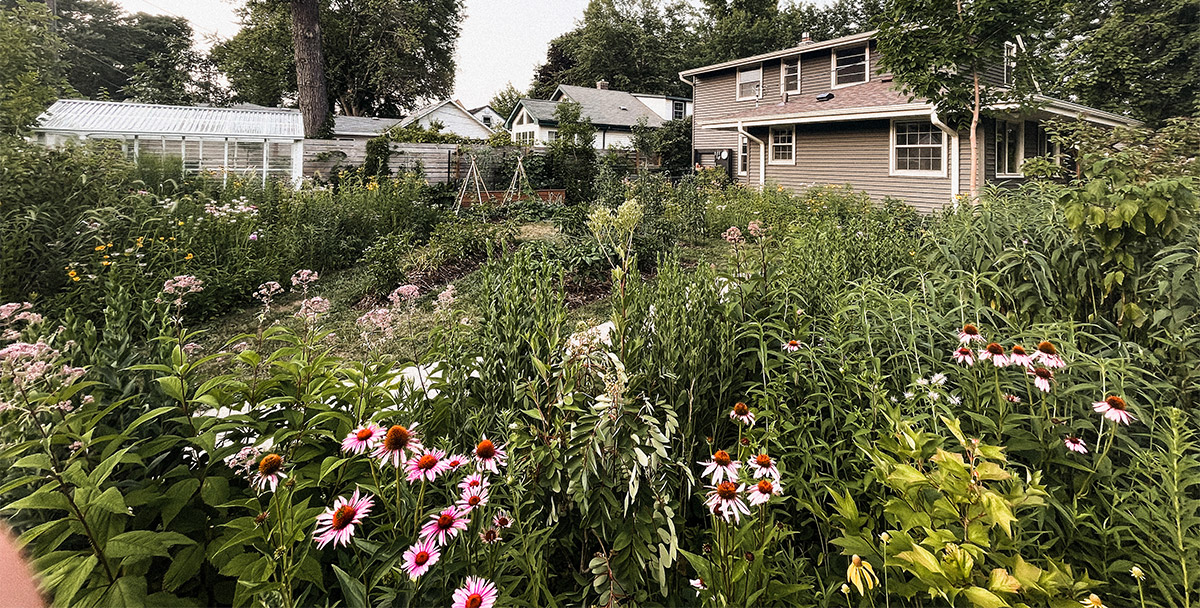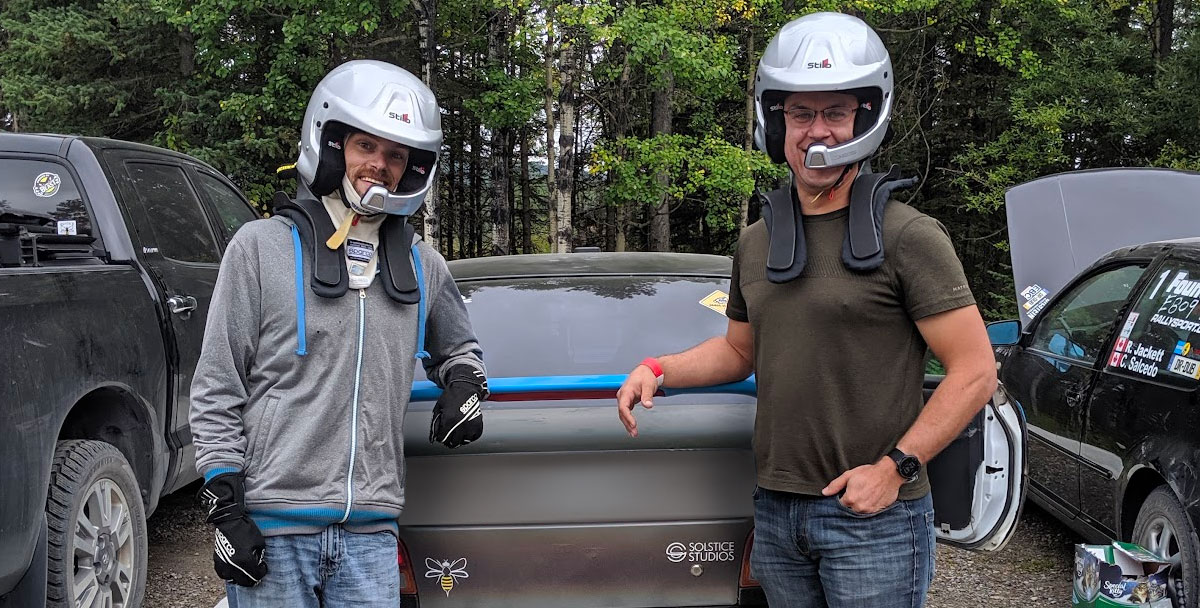Kasim Carter led his group of hikers through the woods of Jockey Hollow at Morristown National Historical Park in Morristown, New Jersey, pausing in a field to recount a story of Black soldiers from loyalist and patriot sides facing off in a Revolutionary War battle.
On another day, Carter led a group hiking in solidarity with a team of Mount Kilimanjaro climbers. They discussed famous Black explorers such as Matthew Henson, who in 1909 helped lead the first expedition that reached the North Pole.
Honoring Black history and solidarity is only part of Carter’s volunteer work with a nonprofit organization called Outdoor Afro, which seeks to connect Black people in nature. Carter is one of more than 100 volunteers in 56 cities who lead such hikes. Some hikes include history lessons; others are purely to help people experience the restorative powers of nature.
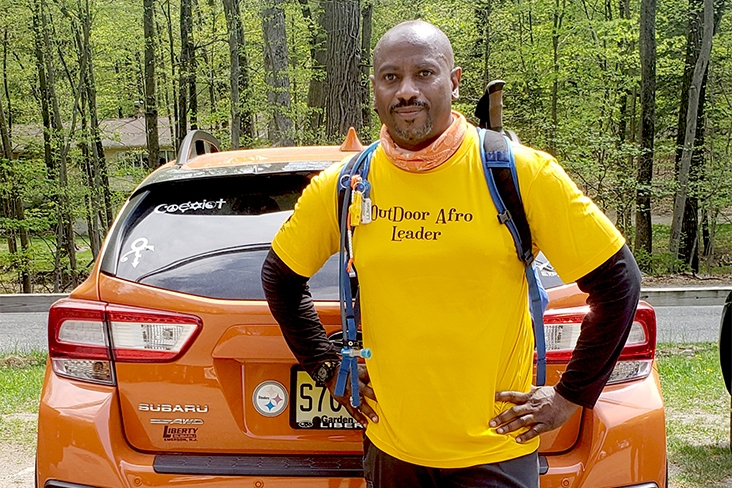
Getting Back to Nature
Carter, a Subaru Ambassador, grew up in northern New Jersey, where he was a Boy Scout. In the mid-2010s, after sending his kids off to college left him a single father in an empty nest, he decided to finally return to his boyhood love of nature. Seeking remote terrain like the trails of Pyramid Mountain in northern New Jersey, he found himself emerging from grueling hikes onto stunning peaks.
But after attending several Meetup hiking excursions, he noticed a lack of representation. “Very often, I was the only person of color or Black person on those hikes, and the hikes were very far away from where I live,” Carter says. “Everyone was very nice, but I wanted to see other people out there who looked like me.”
Volunteering for Outdoor Afro
In 2016, an internet search of “Black hiking organizations” led him to Outdoor Afro. By the next year, he had applied and been inducted as a leader with the group. Soon after that, Carter purchased a 2018 orange Subaru Crosstrek. “I needed something with large wheels and a high suspension” to handle off-road trails, he says.
Carter says he understands why some Black community members distrust the outdoors. “A lot of it comes from fear because the woods haven’t always been a safe place for Black people, and there were places where if you showed up, it would be a dangerous place,” he says.
While acknowledging the injustices of history, he seeks to dispel that fear, plus any generated by decades of alienation from wilderness areas. “Nature is for everybody,” he says. “It’s important to reach out in the Black community because there is nothing to fear out there once you take the proper precautions, including training and mapping out your trip.”
The Restorative Powers of Nature
Carter sees the power of nature during his work with Outdoor Afro. “Most of the hikes I do, you really get out there, scrambling up rocks and getting to high elevations,” he says. “People who didn’t think they could finish the trail really feel like they accomplished something.”
Each hike ends with a closing circle, asking participants for one word to describe the experience. During the closing gathering on New Year’s Day, a bald eagle perched on a tree 100 feet away from the group as if to participate. Carter has also led what he calls “healing hikes,” designed to give participants “a safe space to hike and talk.”
In 2020, Outdoor Afro collaborated with Hackensack Riverkeeper® to offer a solidarity paddle honoring Ahmaud Arbery, a Black man who was murdered in a hate crime, and those killed by police brutality, including George Floyd, who died during an arrest that summer.
Having left behind two decades of working in the finance industry to join the management team at an REI flagship store, Carter knows how expensive equipment – such as boots, tents or sleeping bags – can be. REI is one of Outdoor Afro’s sponsors, providing funding and resources.
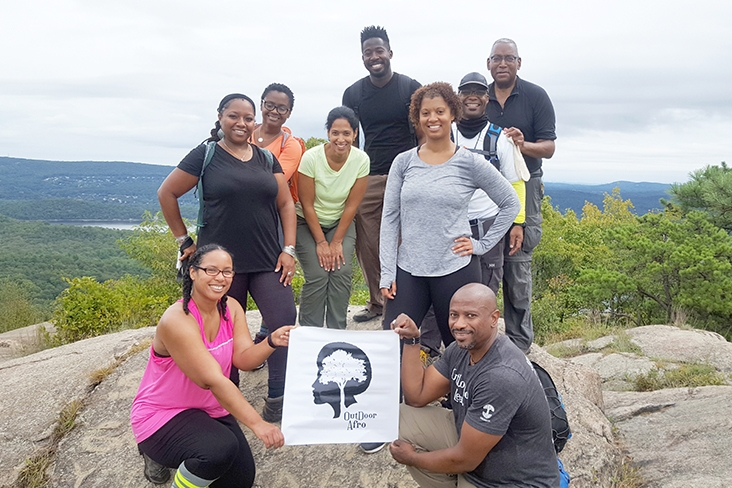
Other Ways To Help
Carter also leads trips with the North Jersey chapter of the Appalachian Mountain Club, the oldest conservation and recreation organization in the U.S. Through the club’s Youth Opportunities Program, he takes kids from under-resourced communities on hiking, camping and canoeing adventures. The program furnishes kids with equipment, borrowed free from caches throughout the Northeast.
In locations with no Wi-Fi and sometimes no cell signal, kids need a little time to adjust. “But the transformation is amazing,” Carter says. “On the first day, they’re moping around, and by the next day, they’re kayaking, canoeing, and singing camp songs at the fire.”
Whether he’s practicing his rescue skills on a mountainside with a 200-pound mannequin for New Jersey Search and Rescue® or leading a group along the Appalachian Trail, Carter knows nature has much to teach us.
“Nature can reflect life with smooth waters and with rough waters,” he says. “The obstacle is the way, so getting through it teaches you how to get past obstacles in life.”
Know someone who’d make a great fit for an Owner Spotlight? Submit with the story title “Owner Spotlight.”

